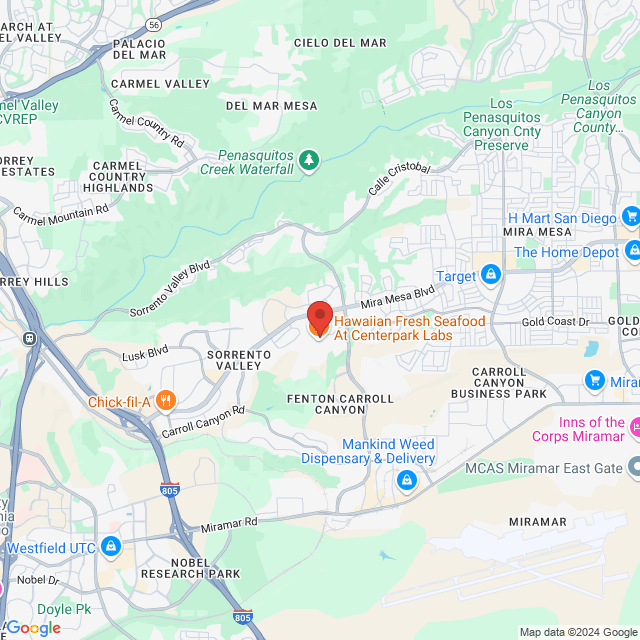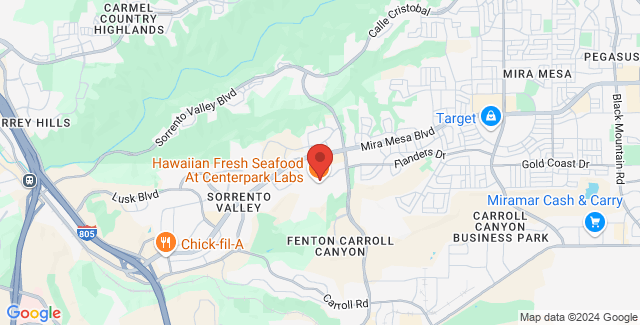Alliance Capital Management
A securities fraud lawsuit was filed against Alliance Capital Management by Florida's State Board of Administration (SBA) in response to a $334 million loss Florida's pension plan suffered under Alliance's financial management. The suit aims to regain over $300 million in damages incurred by what it claims were negligent investments in Enron. Alliance has denied fault, claiming that it was misled by Enron's financial statements and audits.
The timeline below charts the progress of the transactions Alliance made with Enron along with the sequence of events marking the company's downfall. Alliance's Vice Chairman, Alfred Harrison, managed Florida's pension plan account. Harrison's "V-method" approach to investing (detailed below) was undoubtedly a factor in his decision to invest, despite information that made other financial managers cautious. Alliance purchased a total of 4.9 million shares of Enron for Florida's pension plan between August and mid-November, 2001.
Timeline:
|
August 14, 2001 |
Enron's CEO Jeff Skilling resigns from Enron for "personal reasons." |
|
October 22, 2001 |
Enron comes under investigation by the SEC. |
|
October 24, 2001 |
Enron's CFO, Andrew Fastow, is fired. |
|
November 8, 2001 |
Enron admits that it misstated its earnings by $1.2 billion. |
|
November 9, 2001 |
Dynegy makes plans to purchase Enron. |
|
November 28, 2001 |
The proposed purchase of Enron by Dynegy falls through. |
|
November 30, 2001 |
Harrison sells Florida's 7.6 million shares of Enron for 28 cents a piece. Florida's pension plan takes a loss of $334 million on its Enron holdings. |
|
December 2, 2001 |
Enron declares bankruptcy. |
|
December 13, 2001 |
Florida's SBA halts its business with Alliance, who had been one of its financial managers for over seventeen years. |
|
May 8, 2002 |
Florida files a suit against Alliance alleging, among other charges, breach of fiduciary trust and negligence. |
|
September 12, 2002 |
Alliance Capital Management's motion to dismiss charges is denied. |
The "V-Factor Methodology"
The irregular Enron purchases have been explained by Alliance as a result of Alfred Harrison's "V-method" approach to maximizing earnings. Historically Alliance's money managers have been permitted to develop their own portfolios within general guidelines by Alliance. This freedom has allowed managers to choose particular companies according to their own specific strategies. Harrison attempted to accumulate earnings through a strategy of buying companies not when their value was rising, but rather when it was falling. The practice of purchasing shares at a falling value was profitable when companies recovered. Harrison purchased companies he believed would rise out of dips in value. His application of the "V-method" toward Enron proved to be disastrous, however, as the company never recovered its lost worth. Harrison purchased large blocks of Enron shares after the company's CEO resigned, and again after its CFO was fired, relying on his strategy and assurance he'd received from Enron's Chairman, Kenneth Lay. On November 30, after an expected purchase of Enron by Dynegy fell through, Harrison sold the shares at a loss of $334 million.
Frank Savage
Questions have been raised regarding the legitimacy of Alliance's "V-method" explanation primarily because of the position Frank Savage, a director of Alliance, held on Enron's board. Accusations have been made that, because of his inside relationship with Enron, Savage pressured Alliance to purchase shares in the deteriorating company. Alliance has responded to these accusations (which were mentioned but not pursued by Florida) by stating that Savage played no role in deciding which shares should be purchased. Further, Harrison stated that he did not know that Savage served on Enron's board until late November (2001), and testified (in May of 2002) that he did not correspond with Savage regarding Enron purchases. As of April 2003 no definitive evidence had been found linking Savage to the purchases of Enron stock.
Case Pending
According to a press release by Alliance Capital, on May 8, 2002, Alliance was charged with "breach of contract, breach of covenant of good faith and fair dealing, breach of fiduciary trust, negligence, [and] gross negligence" by Florida's SBA. The case is still pending.




